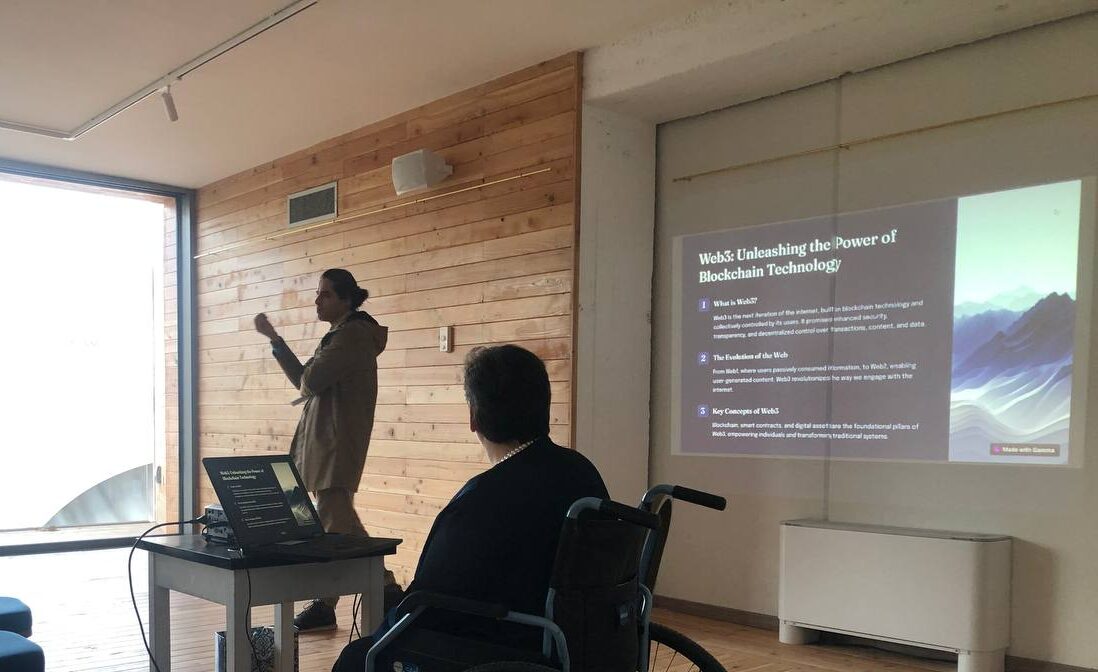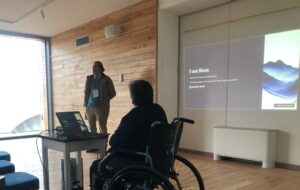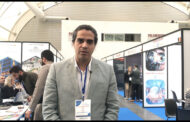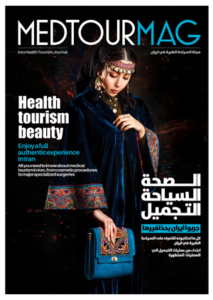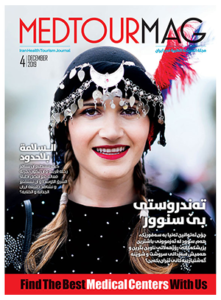An in-depth study was conducted in Reza Jamili’s specialized workshop at the European Medical Tourism event (EMT 2023)
The European Medical Tourism event was held on November 16 and 17 in the Kianciano Terme region of Italy, located in the heart of the country and in the Tuscany region. The event is one of the important events in the fields of tourism, health, and wellness and is held annually with the cooperation of the Ministry of Health, tourism authorities, and various businesses from the tourism and health industries worldwide. This year’s event had participants from 46 countries in various sectors, including conferences and exhibitions.

At this year’s European Health Tourism event, 15 workshops and masterclasses were conducted by internationally recognized figures with a focus on trends and transformations in the industry. In one of these workshops, Reza Jamili, the director of development solutions and the founder of MedTourPress, who is active in the field of health tourism, examined the impact of Web3 on the health industry.
Jamili, in a presentation aimed at senior managers of European chain hospitals, health tourism and health companies, spa managers and investors in the health sector of various countries, reviewed the changes that Web 1 and Web 2 have made in the past 30 years and asked the question of what the health industry can do to deal with the latest changes in the internet world, known as Web 3, and what are the opportunities and threats of these changes for this industry.
Marketing, Diagnostics, and Training in Health will Transform

The founder of MedTourPress, noting that Web 2, with social networks and the producer’s economy, transformed all industries, highlighted this important topic for health sector brands: building a brand in the Web 3 world with the change that will happen in technology and infrastructure will have fundamental differences from what we are familiar with these days. Jamili considered the change in creating health brands and health project marketing and sharing users (here health service applicants) in the financial benefits of this area as an inevitable change that hospitals and clinics need to start thinking about now.
He also highlighted another Web 3 change in the health industry in the field of diagnosis, emphasizing: “With the design and universalization of Digital Twins, digital replicas of each individual that will store their health and genetic profile and their health style, access can be gained to virtual populations that will be reliable samples for diagnosing diseases, deriving behavioral and health patterns, testing new drugs, etc.”
We are Waiting for a Revolutionary Tool
Jamili, however, saw the challenge of reaching this point of transformation in the production of gadgets and wearable devices that are user-friendly, cheap, and become popular. Gadgets that, according to him, could be a headset or glasses or even a virtual reality smartwatch that are currently being developed and produced by companies like Apple and Meta. Tools that he said will initially transform areas like mental health, physiotherapy, post-trauma health, etc. He then compared the role of these gadgets in moving faster to the Web 3 world with the role of smartphones after 2005, which made the Web 2 world based on user content production grow instantly.
Jamili also mentioned another Web 3 transformation in the health industry in the field of education, including academic education. He explained with an example that when students are able to perform experimental operations on virtual bodies without wanting to enter the operating room, medical education can be transformed with innovative methods.
What Should Hospitals and Clinics Do?
The founder of Medtorpers, in response to some attendees’ questions about what health service providers such as hospitals and clinics should adopt a strategy for entering the Web 3 world, said: “The honest truth is that we are still in an ambiguous space, and the promoters of this technology and the resulting internet are still in the early stages of development and production. Until we know which technology or gadget will dominate the market faster, we may not be able to make decisive decisions, but I suggest that you design different strategies in the form of a draft in your brands, considering possible scenarios. This is because as soon as the Web 3 train starts moving, its speed will be so high that many health sector brands may lose their current market share.” He emphasized that we are all waiting for a gadget that will act like the iPhone did for the Web 2 world. A tool that, based on blockchain technology and using the concept of mixed reality, will facilitate and make ubiquitous entry into the Web 3 world and one of its most important products – Metaverse. This, according to him, will be the beginning of a new market and industry in the field of health and its various subcategories.
Sponsors of Medtourpress media team for news coverage of this event are FLIGHTIO, TEBMED TOURISM and AMITIS Dental Clinic.
